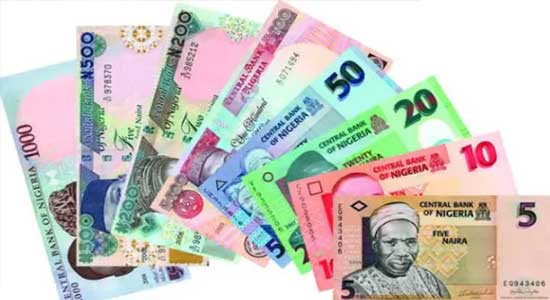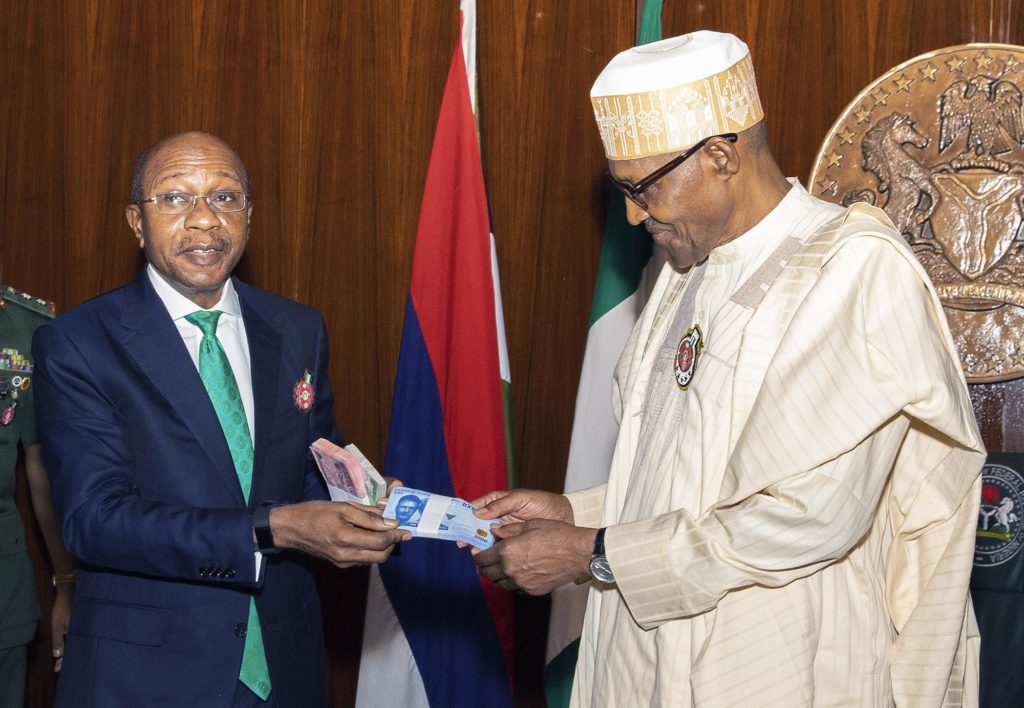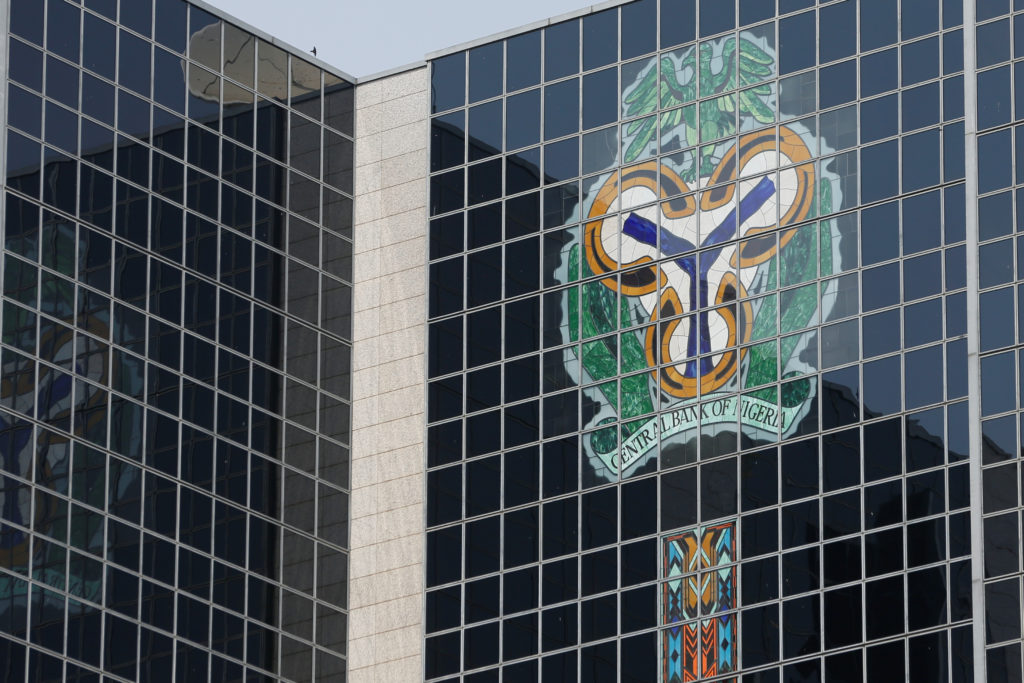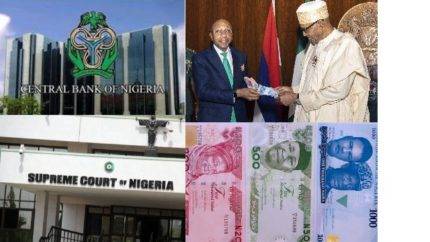In a pivotal ruling, the Supreme Court, led by Justice Inyang Okoro and a seven-man panel, declared the sustained validity of both the old and redesigned Naira banknotes beyond the initial December 31 deadline. The decision mandates these banknotes to remain in circulation until the Federal Government, in consultation with relevant stakeholders, reaches a conclusive determination.
Nullification of Ban and Critique of Federal Government by Supreme Court
This ruling follows the court’s nullification, on March 3, of the ban imposed by President Muhammadu Buhari’s administration on the old N200, N500, and N1000 banknotes as legal tenders. Supreme Court held that these notes should coexist with the redesigned currency until year-end. Critically, it chastised the Federal Government for unilaterally introducing demonetization without consulting key entities such as the Council of States, Federal Executive Council, National Security Council, and Civil Society Organizations.

Legal Justification and Criticism
Justice Emmanuel Agim’s lead judgment emphasized the failure of the Federal Government to provide sufficient notice to all federating units before the currency withdrawal and introduction of new banknotes. Supreme Court highlighted that the notice conveyed by the CBN Governor, Godwin Emefiele, through press remarks, did not meet the threshold of “reasonable notice” as prescribed under section 20(3) of the CBN Act. Additionally, the court invalidated President Buhari’s directive on February 16, which allowed only the old N200 note to remain legal tender until April 10.
Government’s Disobedience
Supreme Court criticized President Buhari for disregarding its interim order from February 8, which directed the continued use of old banknotes until the case’s determination. This disobedience was considered antithetical to democratic governance, leading the court to deny the Federal Government an audience due to its non-compliance with the court’s directives.

Reapplication and Extension: New Government’s Move
Post the prior administration, the President Bola Tinubu-led government reapplied to the Supreme Court, seeking an indefinite extension of the December 31 deadline.
This landmark ruling, alongside its critique of the Federal Government’s actions, ensures the continued circulation of both old and redesigned Naira banknotes, stressing the importance of due consultation in significant monetary policy decisions.
Central Bank of Nigeria’s Policy Missteps and Economic Fallout
The Central Bank of Nigeria (CBN) finds itself at the heart of a nationwide controversy following the hasty implementation and subsequent failure of its naira redesign policy. What was meant to address currency concerns swiftly spiraled into a debacle, resulting in economic chaos and societal upheaval. The policy aimed to overhaul currency functions, ostensibly to curb inflation, address security threats, and streamline payment systems. However, the flawed execution, coupled with the short 90-day implementation period and its proximity to the country’s elections, triggered widespread criticism and sparked political tensions.
The lack of coherent communication regarding the policy’s objectives further exacerbated the chaos. Initially presented as a strategy to control inflation, it quickly morphed into a security measure against crimes like kidnapping and currency hoarding.
Eventually, it took on the controversial guise of combatting vote-buying during the heated 2023 presidential elections. This shifting narrative polarized politicians, leaving the populace caught in the crossfire between conflicting political interests. Former director-general of the National Bureau of Statistics, Yemi Kale, estimated a staggering loss of national productivity amounting to an alarming N10-15 trillion in the policy’s aftermath during the first quarter of 2023.

Implications of Politicizing Financial Institutions and Ineffective Policy Implementation
The disastrous fallout from the flawed implementation of the CBN’s policy begs critical questions about the institution’s mandate and its susceptibility to political maneuvering. The undue pressure placed on the CBN to tackle issues beyond its traditional monetary role, such as combating vote-buying, raises concerns about institutional integrity and politicization. This redirection of focus away from core functions towards political objectives has raised doubts about the institution’s ability to operate independently and professionally, serving the nation’s best interests.
The economic and social repercussions of the policy’s failure continue to afflict the country, even post-election. The lack of robust payment infrastructure in rural areas, coupled with a premature push towards digital payments, resulted in societal gridlock. This highlights the importance of holistic risk management strategies before implementing sweeping changes, a crucial oversight that led to substantial economic losses and societal disruptions. Ultimately, the debacle underscores a larger issue of whether institutions intended to serve the nation have been compromised for personal and political agendas, undermining their legitimacy and effectiveness.














